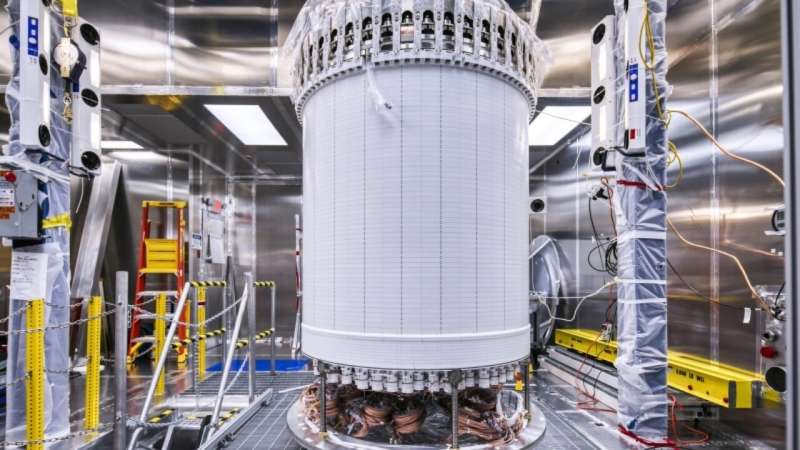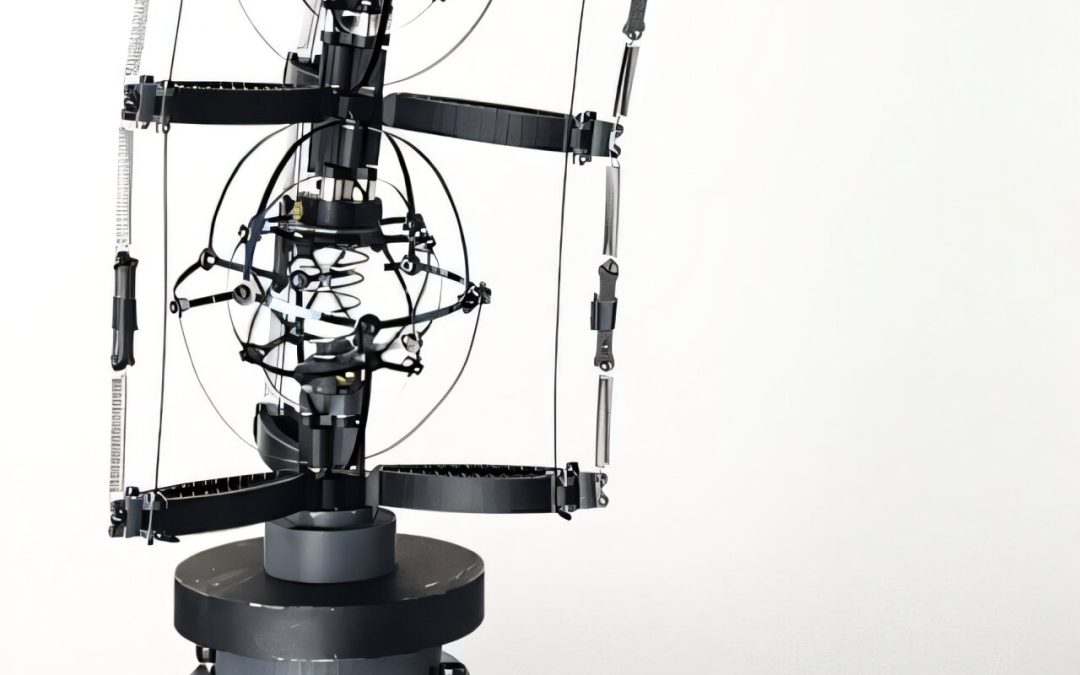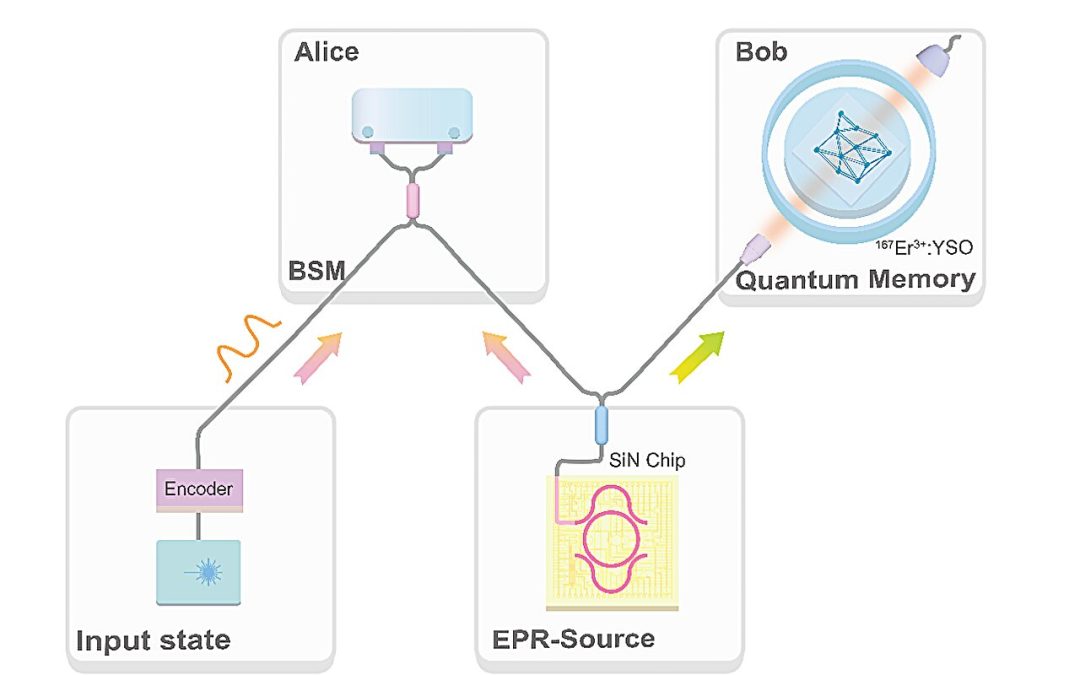
by Ingrid Fadelli | Oct 3, 2025 | Computer Sciences, TECHXPLORE
Organizing data in a specific order, also known as sorting, is a central computing operation performed by a wide range of systems. Conventional hardware systems rely on separate components to store and sort data, which limits their speed and energy efficiency.

by Ingrid Fadelli | Oct 3, 2025 | General Physics, PHYS.ORG, Physics
Dark matter, a type of matter that does not emit, absorb, or reflect light, is predicted to account for most of the universe’s mass. While theoretical predictions hint at its abundance, detecting this elusive matter has so far proved to be very difficult,...

by Ingrid Fadelli | Sep 26, 2025 | Engineering, Robotics, TECHXPLORE
While the advent of robotic systems that can complete household chores has been widely anticipated, those commercially released so far are primarily robot vacuums that autonomously clean the floor. In contrast, robots that can reliably clean surfaces, tidy up, cook or...

by Ingrid Fadelli | Sep 26, 2025 | General Physics, PHYS.ORG, Physics, Quantum Physics
Quantum teleportation is a fascinating process that involves transferring a particle’s quantum state to another distant location, without moving or detecting the particle itself. This process could be central to the realization of a so-called “quantum...

by Ingrid Fadelli | Sep 26, 2025 | Machine learning & AI, Security, TECHXPLORE
As computers and software become increasingly sophisticated, hackers need to rapidly adapt to the latest developments and devise new strategies to plan and execute cyberattacks. One common strategy to maliciously infiltrate computer systems is known as software...






